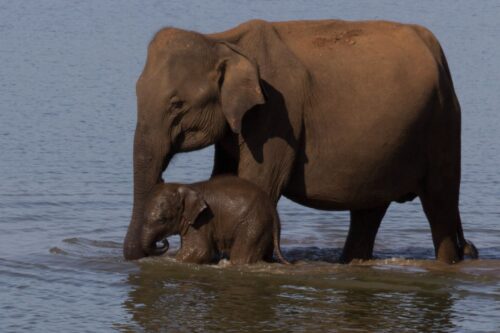
Noncommunicable Diseases Air Pollution
Global health burdens of plastics: A lifecycle assessment model from 2016 to 2040. The Lancet Planetary Health.
• Research & Reports
Explore Planetary Health
Browse or search our curated collection of research articles, tools, videos, and other Planetary Health resources. Featuring approximately 2,000 research articles and additional tools spanning a variety of thematic areas, our library has information on Planetary Health for every audience — whether you’re exploring the field for the first time, an educator hoping to engage Planetary Health in your classroom, a seasoned scientific researcher, or someone looking to making a difference in your community and in the world. New resources are added every month.
Contact us to suggest items to add to our library and sign up for our newsletter to receive updates on the latest additions.
All Resources
Noncommunicable Diseases Air Pollution
• Research & Reports
Chemical Pollution Climate Change
• Research & Reports
Biodiversity Loss Chemical Pollution
• Research & Reports
Noncommunicable Diseases Chemical Pollution
• News
Noncommunicable Diseases Chemical Pollution
• Research & Reports





